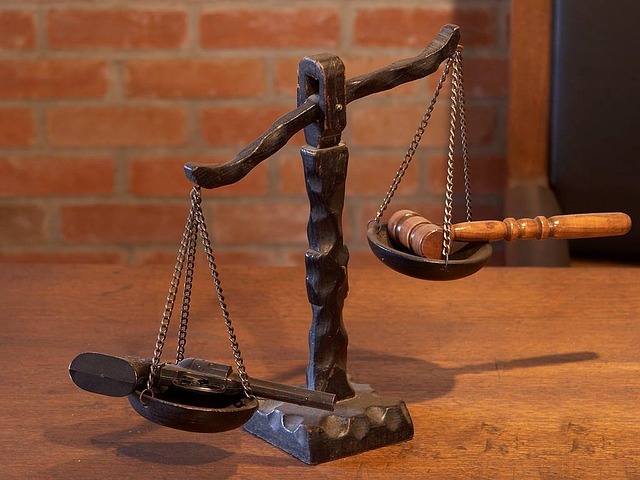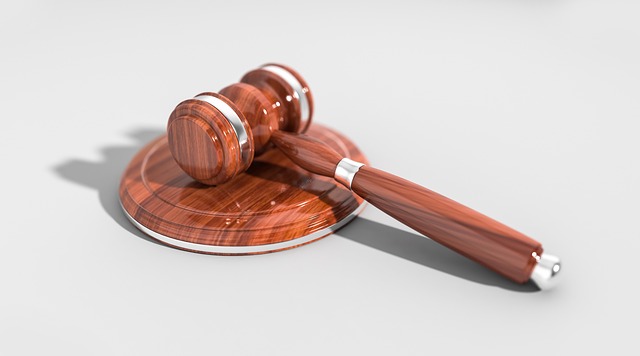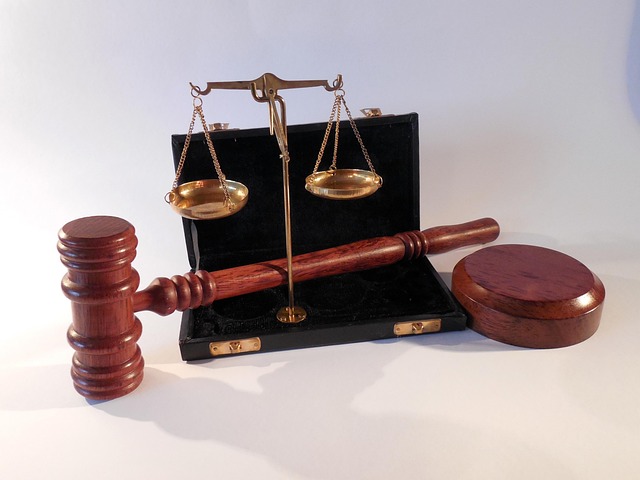Criminal defense attorneys play a vital role in ensuring fairness within the legal system, representing clients facing criminal charges and upholding their rights. However, some attorneys engage in false advertising, misleading clients with promises of quick fixes or guaranteed outcomes, especially in white-collar cases. This article outlines steps to sue for false advertising against criminal defense attorneys, emphasizing gathering evidence, consulting experts, understanding consumer protection laws, and taking formal legal action to protect one's rights and maintain integrity in the legal profession.
“Criminal Defense Attorneys: Navigating the Complexities of Justice In a world where legal services are readily available, it’s crucial to understand the role of criminal defense attorneys. This article illuminates their vital responsibilities in protecting individuals’ rights. We also expose false advertising in legal services and offer practical steps for victims. Learn how to identify misleading practices and take action through legal recourse, including suing for false advertising, ensuring justice is served.”
- Understanding Criminal Defense Attorneys: Their Role and Responsibilities
- Recognizing False Advertising in Legal Services
- Steps to Take When You've Been Victimized by False Advertising in Legal Matters
- The Legal Recourse: Suing for False Advertising in Legal Practice
Understanding Criminal Defense Attorneys: Their Role and Responsibilities

Criminal Defense Attorneys play a pivotal role in safeguarding individuals’ rights within the legal system. Their primary responsibility is to provide zealous representation for those accused of criminal offenses. This includes meticulous examination and cross-examination of evidence, questioning witness testimonies, and articulating legal arguments on behalf of their clients. A skilled attorney navigates complex procedures, ensuring fair trials and protecting the constitutional rights of the accused.
Beyond representing clients in court, these attorneys also counsel individuals on potential legal risks, offer strategic guidance during investigations, and help craft robust defenses. Their expertise extends to understanding the nuances of criminal laws, procedural rules, and constitutional protections. This enables them to achieve extraordinary results, such as case dismissals, reduced charges, or favorable plea bargains, often boasting an unprecedented track record in general criminal defense.
Recognizing False Advertising in Legal Services

Many clients, especially those facing serious criminal charges, turn to legal services that promise a “quick fix” or guaranteed outcomes. However, it’s crucial to recognize when such advertising is false and could indicate fraudulent practices. False advertising in legal services can take various forms, from exaggerated claims of success rates to unfulfilled promises of a quick resolution.
If you suspect an attorney or law firm has engaged in false advertising, particularly regarding white-collar and economic crimes cases, it’s essential to take action. The steps to sue for false advertising typically involve gathering evidence of deceptive practices, consulting with legal experts specializing in white-collar defense, and understanding the jurisdiction’s laws on consumer protection. Aiming for a complete dismissal of all charges, clients should seek redress through formal legal channels to hold such entities accountable and protect their rights.
Steps to Take When You've Been Victimized by False Advertising in Legal Matters

If you’ve been a victim of false advertising by a criminal defense attorney, it’s crucial to take immediate action to protect your rights and interests. The first step is to gather all relevant evidence, including any contracts, communications, or marketing materials that highlight the misleading claims made by the lawyer. Documenting these can be invaluable when Steps to Sue for False Advertising.
Next, consult with a reputable legal professional who specializes in attorney ethics or consumer protection law. They can guide you through the process of filing a complaint with relevant state bar associations, which are responsible for upholding professional standards among lawyers. Be prepared to outline the specific instances of false advertising, as this will help in achieving extraordinary results when presenting your case. Remember, while navigating these complex legal matters, staying informed and proactive is key; whether it’s winning challenging defense verdicts or reaching a satisfactory settlement, understanding your rights enables you to make informed decisions throughout the process.
The Legal Recourse: Suing for False Advertising in Legal Practice

When it comes to protecting their professional reputation and client base, criminal defense attorneys face unique challenges. One growing concern is the rise of false advertising in legal practice, which can have severe consequences for their businesses. If an attorney makes misleading or false claims about their services, expertise, or success rates, it not only misleads potential clients but also damages the integrity of the legal profession.
To combat this issue, individuals who feel they’ve been victims of false advertising in the context of legal services can take action by following specific steps to sue for false advertising. This process involves thoroughly documenting any misleading information presented by the attorney or their marketing materials, consulting with a legal expert specializing in advertising law, and understanding the respective business regulations related to white-collar and economic crimes. By pursuing legal recourse, individuals not only protect themselves but also contribute to maintaining a fair and transparent legal landscape.
Criminal defense attorneys play a crucial role in ensuring fair legal representation. Understanding their responsibilities and recognizing false advertising in legal services is essential for victims seeking justice. If you’ve been misled by deceptive practices, taking legal action through the steps to sue for false advertising can help hold offenders accountable. By familiarizing yourself with these processes, you empower yourself to navigate complex legal systems and protect your rights.






